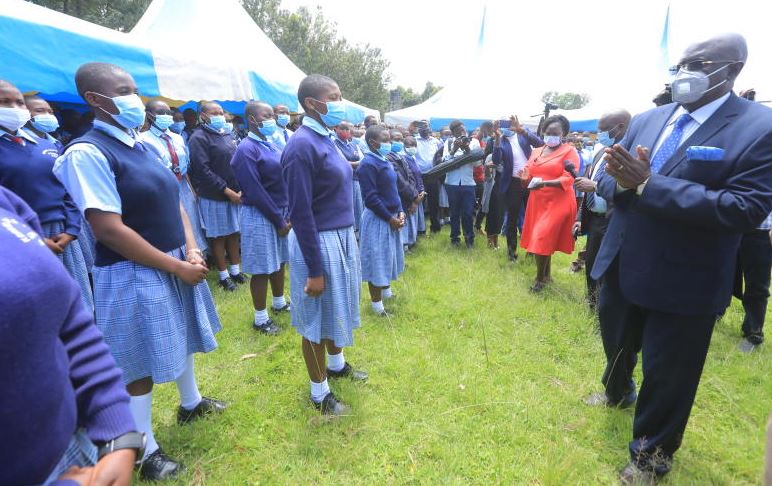×
The Standard e-Paper
Join Thousands Daily

On Saturday, Cabinet Secretary George Magoha outlined some of the achievements the Education ministry has made under his watch. Key among them, he said, is the 100 per cent transition from primary to secondary school.
This is no mean achievement and is a subject of envy by many developing countries that are still struggling to attain the coveted goal. We must do everything to ensure that Covid-19 does not roll back this gain.